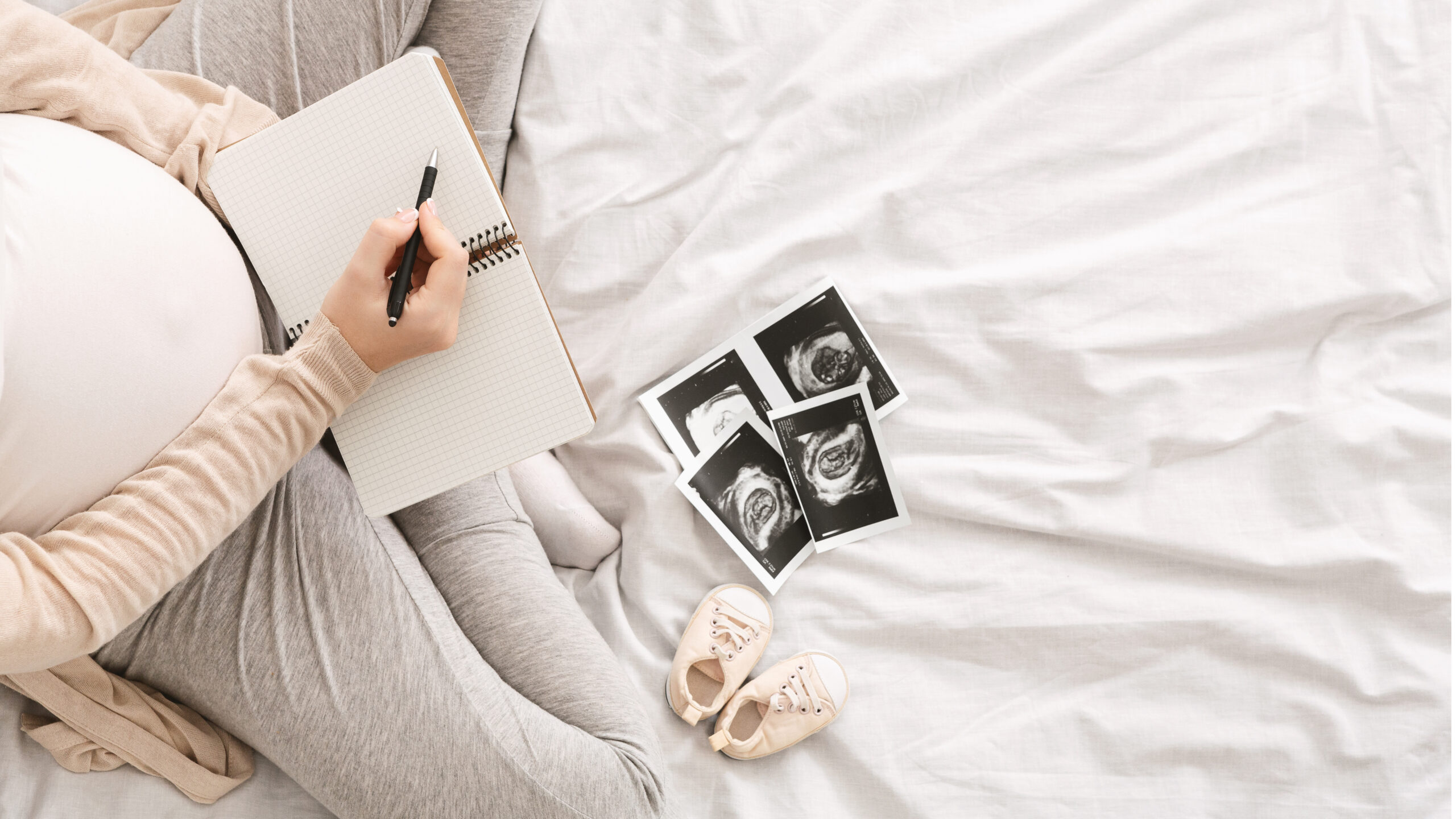May 2024 – Rosemary Saad
Informal artificial conception
Navigating Informal Artificial Conception in Australia: A Simplified Overview
With advancements in medical technology, assisted reproductive technology (ART) has made conceiving children possible using methods like artificial insemination, in vitro fertilization (IVF), and surrogacy, using donated sperm, eggs, or embryos.
Defining Parenthood in the Context of Assisted Reproduction
Defining a “parent” or parenthood in the context of ART is crucial for family law matters like child support, maintenance, and parental responsibility. But it can get complicated. Especially when multiple parties are involved such as sperm or egg donors.
In New South Wales, for instance, a married woman who undergoing fertilisation is presumed to be the mother, even if she did not provide the egg. Her husband is presumed to be the father if he consented to the procedure.
The Legal Status of Male Sperm Donors: Rights and Obligations
However, the legal status of male sperm donors is often disputed. While the law usually excludes them from parental rights and obligations, there have been cases where donors were legally deemed fathers and ordered to pay child support.
Given the complexities and contentions even within the formal process of ART, it is not hard to imagine how complicated and risky informal family creation methods can be.
An unregulated landscape: Risks and Challenges of Informal Assisted Reproduction
Informal methods of family creation, like finding donors online through social media or apps, pose risks due to the lack of regulation. These methods attract single women and same-sex couples but bypass the safety measures and screening processes of fertility clinics.
The absence of comprehensive regulations raises concerns about legal rights, support claims, and safety risks for recipients and potential children. Instances of fraud and coercion highlight the dangers of informal arrangements with online donors.
Furthermore, there’s no formal register for informal donors, leading to a lack of reliable genetic information for children conceived through alternative ART methods.
The Need for Formalisation: Absence of a Register
The unregulated landscape of informal artificial conception in Australia poses significant risks and underscores the need for comprehensive regulations and formalisation to protect vulnerable parents and children and provide accurate genetic information.
If you are considering beginning the ART process or would like to become a donor for the ART process, we recommend contacting our office to make an appointment with one of our family law solicitors for tailored legal advice.

